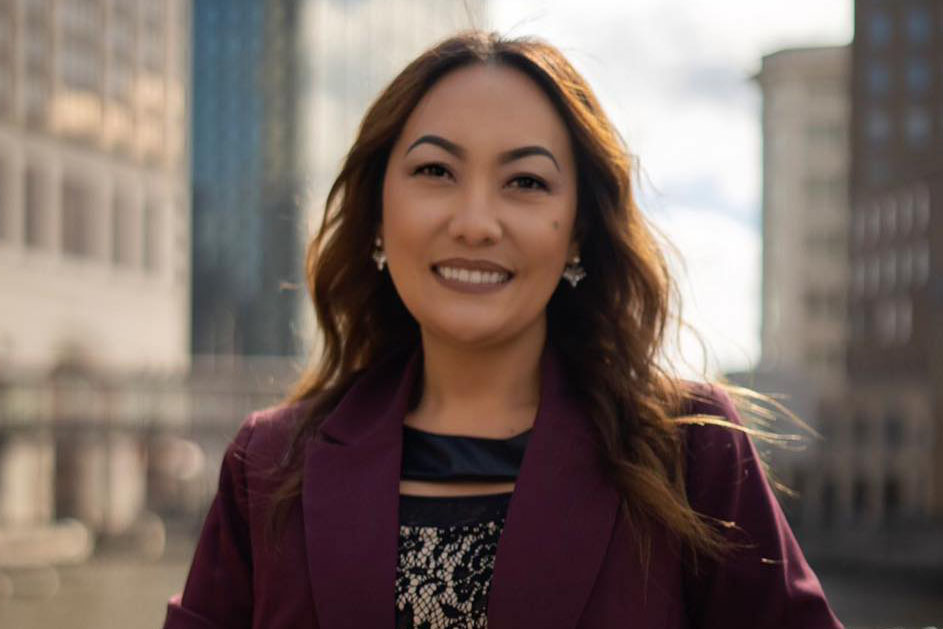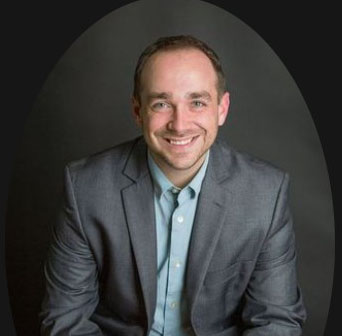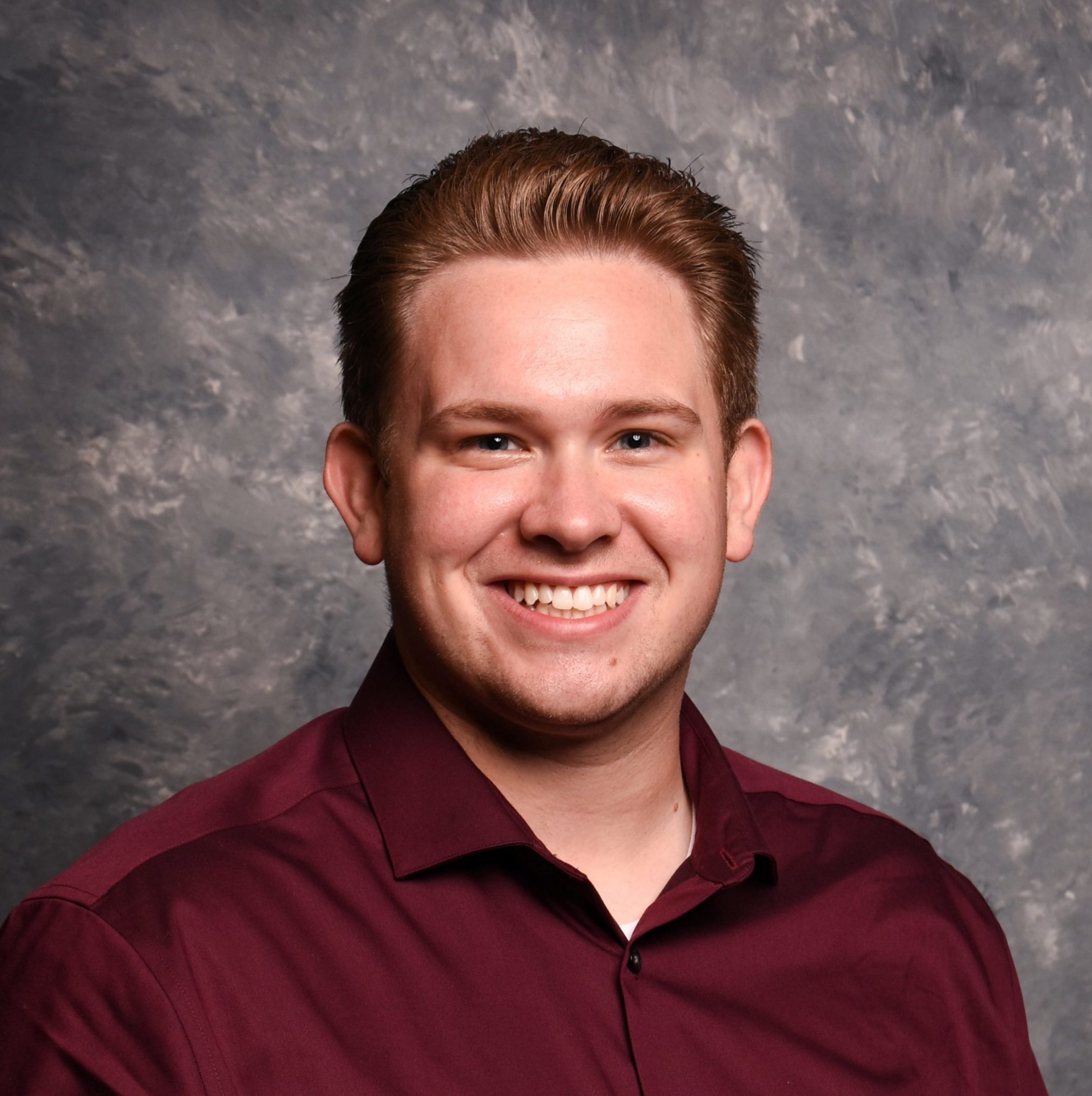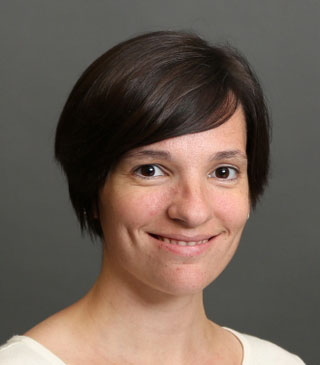Rogers’ in-house attorney Herbst-Flagstad experiences risks and rewards
By: MaryBeth Matzek, Special to the Wisconsin Law Journal//February 1, 2017//
Rogers’ in-house attorney Herbst-Flagstad experiences risks and rewards
By: MaryBeth Matzek, Special to the Wisconsin Law Journal//February 1, 2017//
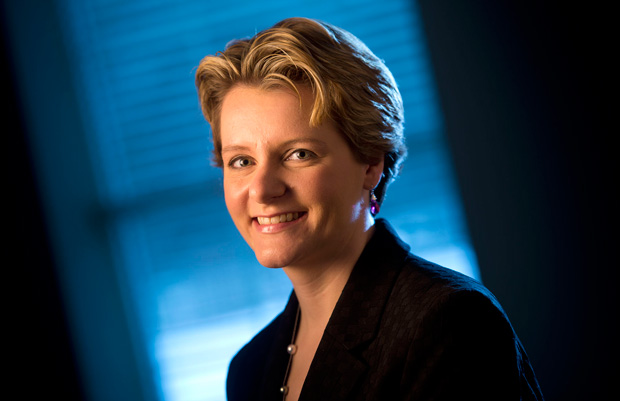
While Marybeth Herbst-Flagstad has the same client everyday, no two days are ever the same.
As general counsel for Rogers Behavioral Health System, she handles a variety of legal duties from drafting employee contracts to real estate dealings.
“As an-house attorney I get to know the business on an intimate level and can learn its strategies,” Herbst-Flagstad said. “I also get to see and interact with my client everyday in a very literal sense.”
Herbst-Flagstad began working on an internal legal team right out of law school.
“I knew I didn’t want to be a litigator and I viewed in-house counsels as being very transactional, which appealed to me,” she said.
As Rogers’ first general counsel, a position she started last year, Herbst-Flagstad is “writing her own job description,” determining what work she can do in-house and where she needs to seek outside counsel. Previously, the organization outsourced all of its legal work.
“There’s a very wide range of work that crosses my desk,” she said. “The day is never the same and I plan that there really isn’t a plan. I need to be ready for anything.”
Staying up-to-date on the latest changes inside the various law specialties, such as health care or real estate, can be challenging, said Herbst-Flagstad, who is also on the Health Law Section Board of Directors of the State Bar of Wisconsin. She subscribes to different summaries and updates to stay current on different topics.
Since Rogers has locations outside of Wisconsin, Herbst-Flagstad needs to also stay current on different regulations in several areas, from mental health to contracts.
One of Herbst-Flagstad’s tasks at Rogers is improving the organization’s corporate compliance and internal governance.
“I am planning such things as setting up a whistleblower hotline and looking at our risk-management profiles,” she said.
Prior to joining Rogers, Herbst-Flagstad worked for Assurant Health and the Forest County Potawatomi Community. Working for the tribe required her to be well-versed in everything from the law regarding casinos to natural resources since it owned a logging operation, she said.
“As a general counsel you need to have a diverse background,” she said.
Wisconsin Law Journal: What makes your work important to you?
Marybeth Herbst-Flagstad: I was attracted to the position at Rogers because of the mission here. I want to further the core values of Rogers with a focus on excellence in both patient care and the employee experience. I’ve also learned that when it comes to resolving situations, it’s not only legal knowledge and contracting abilities that are important. It’s our sense of humanity for the other person that leads to amicable, creative solutions. Rogers’ values fit well with my philosophy and how I practice law.
WLJ: Who is your hero in the legal field?
Herbst-Flagstad: I owe my success to two individuals in the legal field. The first is Jo Swamp, current deputy attorney general at the Forest County Potawatomi Community, who taught me how to create an airtight contract and then gave me the freedom to develop my skills as the tribe needed. The second is Barbara Zabawa at the Center for Health & Wellness Law, who has been my personal cheerleader and helping to open doors to new opportunities, including the Health Law Section Board of the State Bar and my current position at Rogers.
WLJ: What do you do outside of work to deal with stress from the office?
Herbst-Flagstad: I have recently taken up the guitar, both acoustic and electric, and am even known to take a work break to strum a few chords. This is a great help in dealing with any work stress and also my own struggles with generalized anxiety and OCD. Rogers leadership is very supportive of all employees and their needs, so sharing my own issues with them felt natural. Of course, since I’m only a beginner on the guitar, I’m lucky my office is made of concrete walls that are a foot thick!
WLJ: What’s one thing many people get wrong about what you do?
Herbst-Flagstad: Most people would assume that I have been trained and advise solely in health law because I work for a health system. In reality, my practice as general counsel is more diverse and recognizes the various experiences I’ve had over the years as an attorney. Our administration quickly learned that I had a background in insurance, so I’ve been enhancing our risk-management practices. In addition to merely advising on the legality of employee benefits, I’ve also become a strategic partner with our Total Rewards team. Plus, in my new role, I’m learning about corporate governance and real estate transactions across state borders.
WLJ: What’s your favorite memory from law school?
Herbst-Flagstad: Candidly, I didn’t enjoy law school because I felt that most classes were geared for future litigators. However, one day I took a chance and applied for an internship with a health insurance company that didn’t require the applicant to be in the top 10 percent of the class. Once they heard I had actually read my insurance policy, I was a shoo-in for the job. Thus began my career with Assurant Health and as a transactional in-house attorney.
WLJ: Is there a certain case or legal experience that stands out to you?
Herbst-Flagstad: I could talk about the settlements and contracts I’ve helped negotiate or the hotel and biodigester that I helped build for the tribe. However, when I look back at my legal experiences that really stand out, I’ll remember the legal and business teams with whom I’ve had the privilege to collaborate — my present team included.
Legal News
- Former law enforcement praise state’s response brief in Steven Avery case
- Eric Toney announces re-election bid for Fond du Lac County District Attorney
- Former Wisconsin Democratic Rep. Peter Barca announces new bid for Congress
- Republicans file lawsuit challenging Evers’s partial vetoes to literacy bill
- More human remains believed those of missing woman wash up on Milwaukee Co. beach
- Vice President Harris returning to Wisconsin for third visit this year
- Wisconsin joins Feds, dozens of states to hold airlines accountable for bad behavior
- Trump ahead of Biden in new Marquette poll
- Bankruptcy court approves Milwaukee Marriott Downtown ‘business as usual’ motion
- New Crime Gun Intelligence Center to launch in Chicago
- Arrest warrant proposed for Minocqua Brewing owner who filed Lawsuit against Town of Minocqua
- Wisconsin Supreme Court justices question how much power Legislature should have
WLJ People
- Power 30 Personal Injury Attorneys – Russell Nicolet
- Power 30 Personal Injury Attorneys – Benjamin Nicolet
- Power 30 Personal Injury Attorneys – Dustin T. Woehl
- Power 30 Personal Injury Attorneys – Katherine Metzger
- Power 30 Personal Injury Attorneys – Joseph Ryan
- Power 30 Personal Injury Attorneys – James M. Ryan
- Power 30 Personal Injury Attorneys – Dana Wachs
- Power 30 Personal Injury Attorneys – Mark L. Thomsen
- Power 30 Personal Injury Attorneys – Matthew Lein
- Power 30 Personal Injury Attorneys – Jeffrey A. Pitman
- Power 30 Personal Injury Attorneys – William Pemberton
- Power 30 Personal Injury Attorneys – Howard S. Sicula






